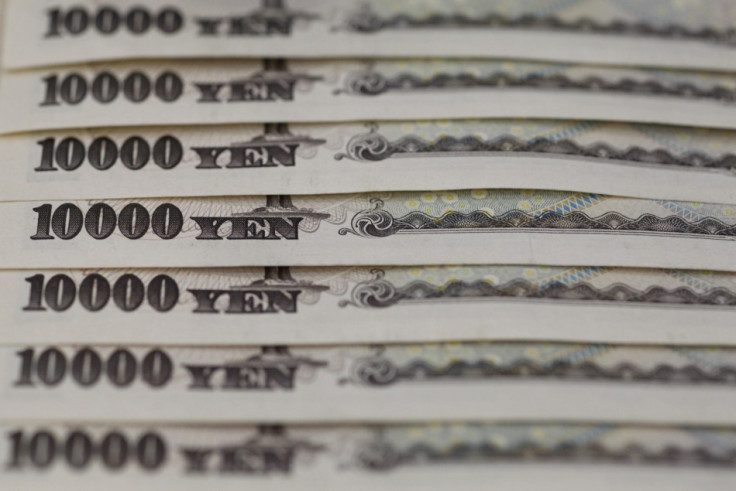Japan's Trade Deficit Quadruples as Imports Surge Ahead of Sales Tax Hike

Japan's trade deficit quadrupled from a year earlier in March, as export growth slowed while imports surged ahead of the sales tax hike.
The trade deficit widened to 1.45tn yen ($14bn, £8.4bn, €10bn) in March, up from 356.9bn yen in the same month last year, according to official data, thanks to the yen's weakness, which compounded surging imports.
Exports rose 1.8% to ¥6.38tn due to higher shipments of cars and processed fuel products. However, imports increased 18.1% to 7.83tn yen due to higher imports of crude oil and liquefied natural gas.
The country has raised its energy imports after it shut down all its nuclear reactors following the disastrous earthquake and tsunami in 2011 that hit the Fukushima nuclear plant. Nuclear plants had been supplying a third of Japan's power demand.
Imports of liquefied petroleum gas rose more than 8% in March from the same month last year.
The rise in imports is attributed to an increase in demand ahead of the sales tax hike to 8% from 5% starting April; it will rise again to 10% in October 2015.
In addition, the continued depreciation in the yen boosted the cost of imports. While the decline in the yen is good for exporters with better profits, it would increase the cost of imports. The Japanese currency was an average 8.7% cheaper against the dollar in March, compared with the level a year ago.
Analysts noted that import volumes would come down due to the sales tax hike and possible reopening of a number of nuclear reactors.
"Consumers are likely to rein in spending in the wake of this month's consumption tax hike, which should reduce import demand," said Marcel Thieliant, Japan economist at Capital Economics.
"The trade shortfall is likely to narrow in the second quarter, which should provide some support to GDP growth even as domestic demand is set to plunge."
© Copyright IBTimes 2025. All rights reserved.






















